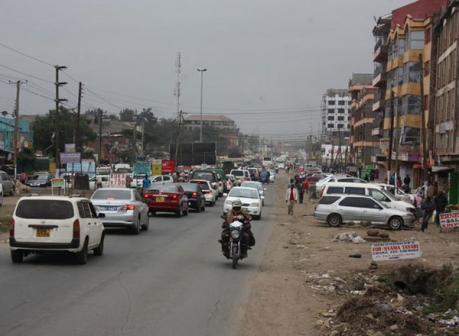×
The Standard e-Paper
Home To Bold Columnists

Like other global cities, Nairobi seems to have adopted car-centred models where green spaces have been turned into concrete jungles, with pedestrians competing with drivers for the little space left.